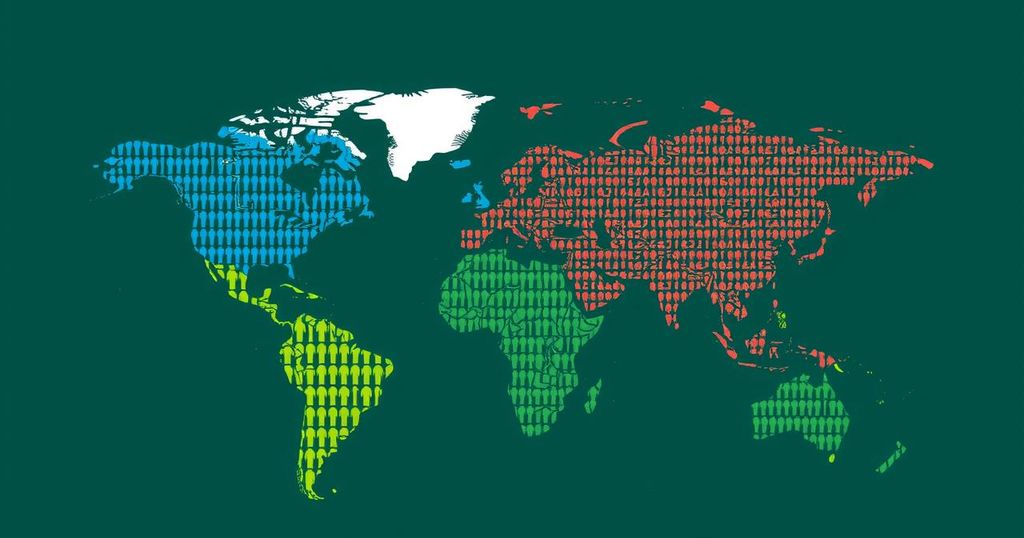Gender Concerns at COP29: Fears of Regression in Climate Negotiations
At COP29 in Baku, there are rising fears of backsliding on gender considerations in climate negotiations, with key proposals stripped of gender language, largely due to opposition from countries like Saudi Arabia. Despite historical progress on gender issues, current discussions indicate a troubling reversal, with advocates emphasizing the critical impact of climate change on women and the importance of including gender perspectives in climate policy.
At COP29 in Baku, concerns are arising regarding the regression of gender inclusivity in climate discussions. Historically, climate negotiations emphasize the involvement of women, who disproportionately suffer due to climate change impacts. However, in the current round of negotiations, a draft proposal has been stripped of critical gender language, leading to fears of setbacks in advocacy for women’s rights in climate policy. Influential countries, including Saudi Arabia and Russia, have pushed back against gender-related terminology, emboldened by a broader global backlash against gender issues.
The importance of women in climate resilience is underscored by research indicating that approximately 80 percent of those displaced by climate change are women and girls. Despite this, men’s representation dominates policymaking discussions. Observations at COP29 reveal a troubling trend; gender advocacy that previously gained momentum appears to be regressing. Delegates at the summit were reminded that gender equity should not be taken for granted, as it is increasingly challenged.
Prominent figures like Mary Robinson, former President of Ireland, have highlighted the necessity of preserving gender discussions in climate negotiations. Robinson noted the increased entitlement felt by opponents of gender language, linking this to current sociopolitical climates that foster resistance to gender equity. Similarly, German Foreign Minister Annalena Baerbock emphasized the crucial role of women in combating climate change, advocating for the renewal of initiatives aimed at integrating gender perspectives in climate finance.
Amid these discussions, it is evident that COP29 serves not only as a platform for financing climate-centric initiatives but also for addressing the pressing need to reassert gender considerations in climate policy. As advocates express their concerns about possible regressions, a consensus-driven approach underscores the complexities of advancing gender-related issues in a politically charged environment. The overarching message remains clear: a cohesive effort is imperative to address both climate change and gender disparities without allowing one to detract from the other.
The intersection of gender and climate change is increasingly recognized in global discourse, particularly at United Nations Climate Change Conferences. Previous summits have acknowledged the disproportionate impact of climate change on women, advocating for their inclusion in policy-making. The Lima Initiative, established in 2014, aimed to integrate gender systematically within the UN climate framework. However, recent developments at COP29 suggest a potential reversal of these advancements, raising alarm among gender advocates and environmentalists alike.
In summary, COP29 has highlighted significant regression in gender discussions within climate negotiations, fueled by powerful resistance from key stakeholders. The dismantling of gender language in proposals poses challenges to the inclusivity of climate policy, raising critical concerns about the future of women’s advocacy in this arena. The voices calling for action and accountability signify a vigilant community intent on preventing further backsliding, emphasizing the need for persistent advocacy and collaboration moving forward.
Original Source: www.rfi.fr




Post Comment